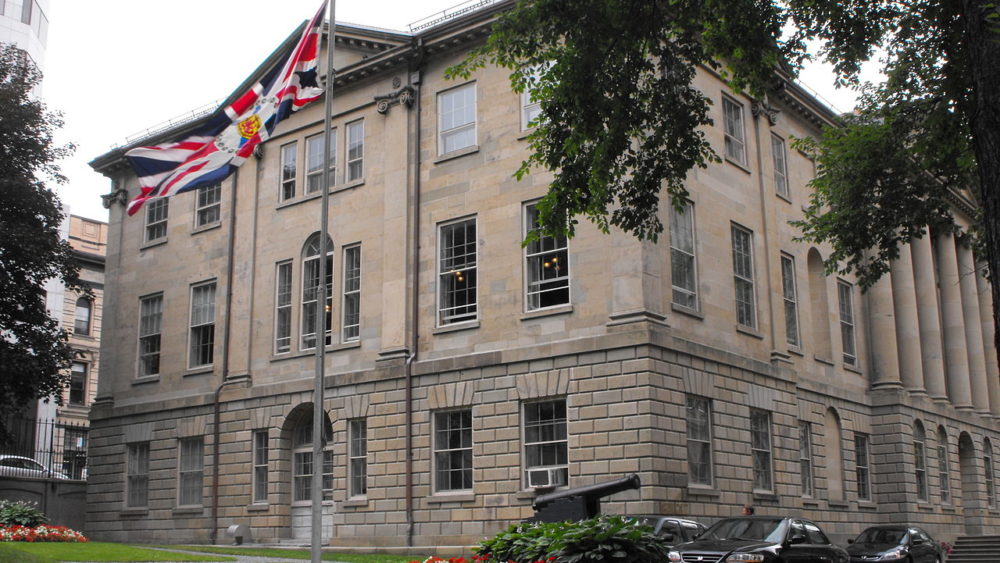March 2, 2020 •
Nova Scotia Bill Would Give Chief Electoral Officer Power to Impose Penalties on Third Parties

Province House, Nova Scotia - Louperivois
On February 27, a bill containing over 40 amendments and changes to Nova Scotia’s Election Act, passed its Second Reading. The bill was only introduced into the Nova Scotia House of Assembly last week. Government Bill No. 225, Elections Act […]
On February 27, a bill containing over 40 amendments and changes to Nova Scotia’s Election Act, passed its Second Reading.
The bill was only introduced into the Nova Scotia House of Assembly last week.
Government Bill No. 225, Elections Act (amended), was introduced by Mark Furey, the Minister responsible for the Elections Act.
The bill imposes penalties on third parties failing to file their election advertising report within four months after election day.
The penalty is up to $50 for each day the third party fails to file the report, up to a maximum of $1,500.
The Chief Electoral Officer has the sole discretion of imposing the penalty.
The Chief Electoral Officer could also deduct the amount of any outstanding penalties from reimbursement to be paid to those third parties.
The legislation would allow for internet voting for members of the Canadian Armed Forces stationed outside the province or to be so stationed during an election.
As introduced, the bill would amend the definition of election expenses.
It would clarify the timing of when expenses are considered election expenses.
This will be done by including expenses related to an official addition or a judicial recount, and by adding family and accessibility expenses.
By enacting a definition of family and accessibility expenses, reimbursements would be allowed to candidates for childcare, spousal care, elder care, or the care of a person with a disability.
Additionally, candidates with disabilities could seek reimbursement for expenses incurred during an election in relation to their disabilities.
The bill includes various other amendments related to voting and polling procedures for the province.
If passed, the legislation would come into force upon proclamation.
State and Federal Communications, Inc. provides research and consulting services for government relations professionals on lobbying laws, procurement lobbying laws, political contribution laws in the United States and Canada. Learn more by visiting stateandfed.com.

